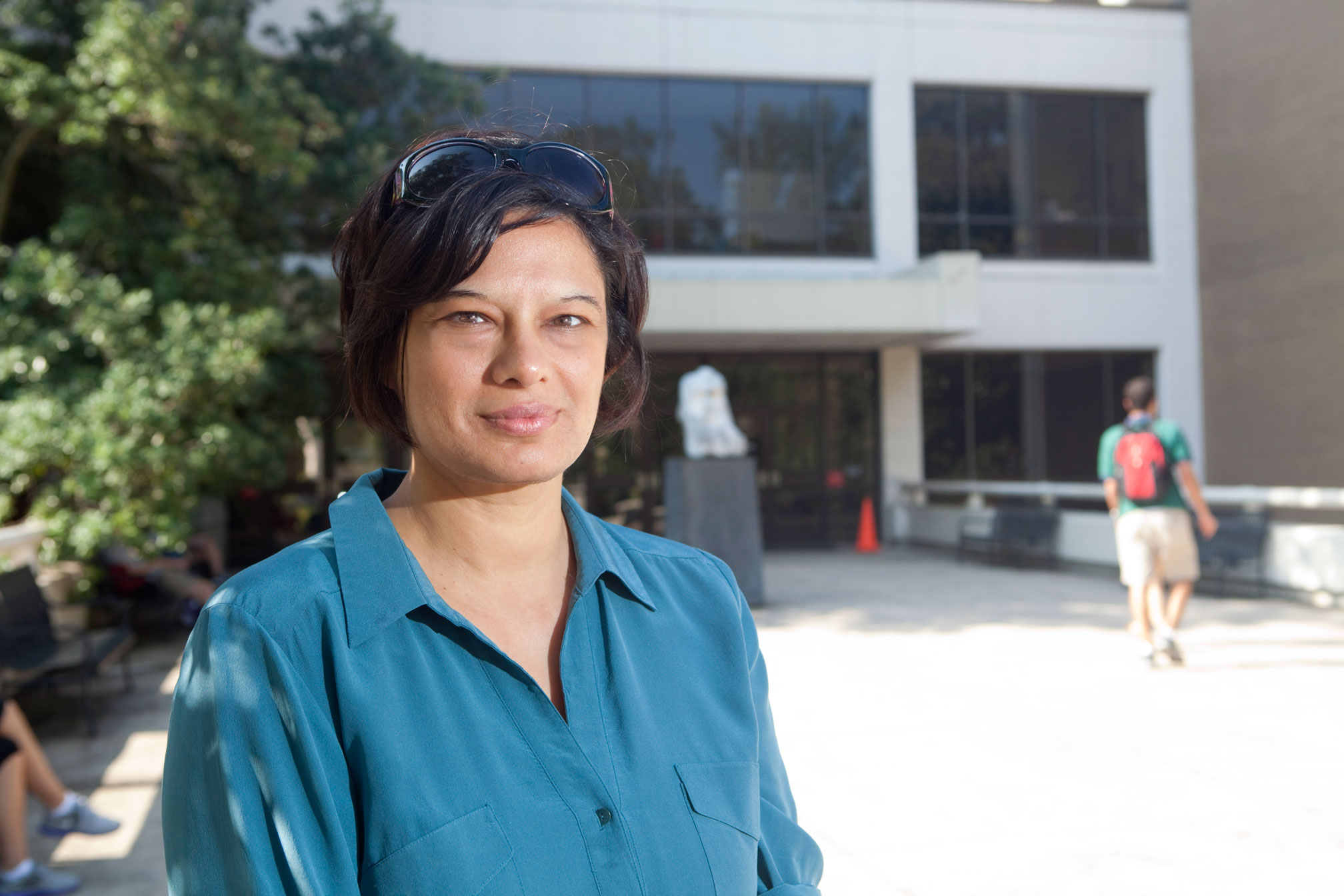Mariann Burright is on a mission.
As head of Science Collections and Scholarly Communications for the UGA Libraries, Burright relishes the university’s role in the flourishing field of providing open access to scholarly materials through institutional repositories.
“Regionally, we are well-positioned,” she said. “There already is quite a bit of openly accessible work that has been harvested and deposited in (UGA’s institutional repository).”
Called Athenaeum@UGA, the repository includes conference papers, research reports, articles from other open access sites, instructional material and other works by UGA faculty, along with electronic theses and dissertations of UGA graduates.
“There are more than 10,000 items,” Burright said.
Since joining the faculty two years ago from Northwestern University, Burright has sought, along with Deputy University Librarian Toby Graham and Andy Carter, a projects archivist in the Digital Library of Georgia, to put a public face on the digital repository to encourage people to voluntarily deposit their works.
As part of this effort, a website has been created at http://www.libs.uga.edu/science/scholarlycomm.html.
A number of UGA colleges, including the College of Environment and Design and the College of Agricultural and Environmental Sciences, are exploring digital projects in Athenaeum@UGA.
Burright also would like to explore interest on campus from departments and colleges in creating online open access scholarly journals.
In this model, the libraries would set up the journal platform, while the interested department or unit would then take the leadership for creating the editorial board and the publication process. The Journal of Higher Education Outreach & Engagement is an example of this model and is available online at http://openjournals.libs.uga.edu/index.php/jheoe/index.
“The difference, essentially, is you have the ability to create a scholarly journal that is free of charge to the readers, with the ability for some cost recovery,” Burright said. “This is quite radical from the model we are used to dealing with.”
Also important, the copyright stays with the creator more so than with the traditional commercial publishing model, giving faculty authors more control over their work and enabling wider dissemination through open access immediately upon publication. Open access journals are subject to peer review, just as the traditional model.
As head of science collections, Burright also is responsible for the collections that support teaching and research in the sciences and engineering at UGA.
“That’s pretty challenging given the cost of scientific publications and budget constraints,” she said.


